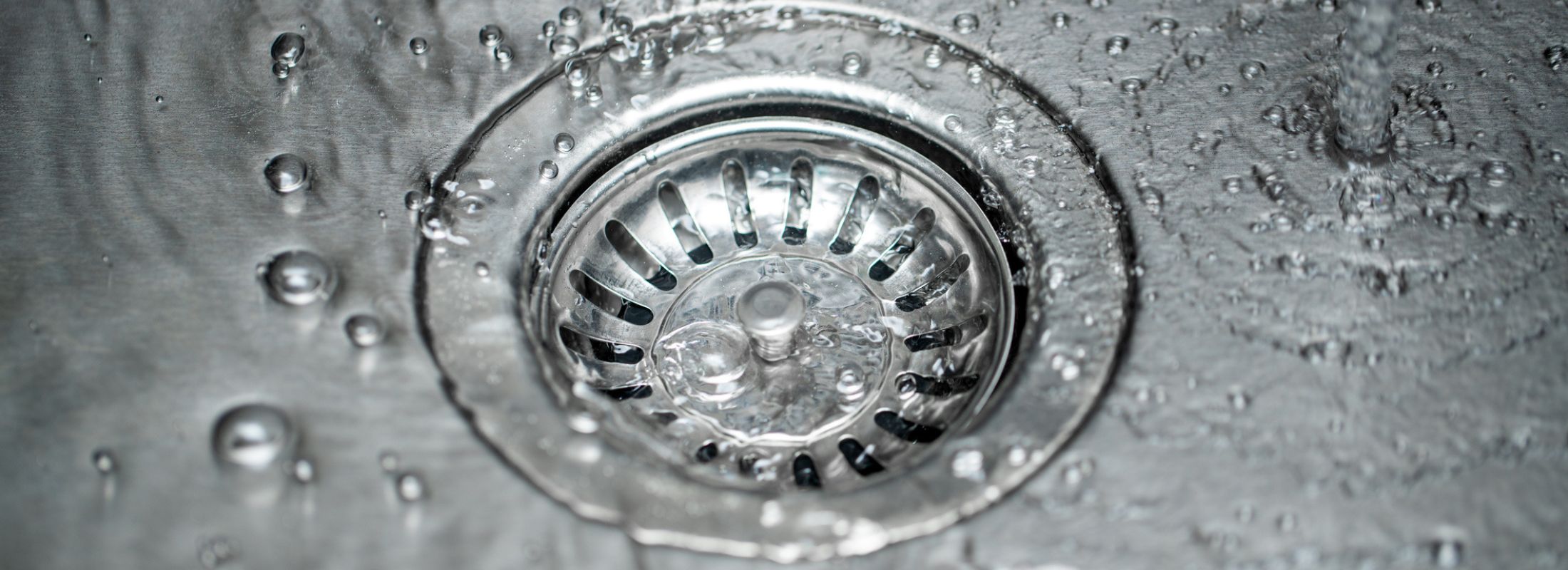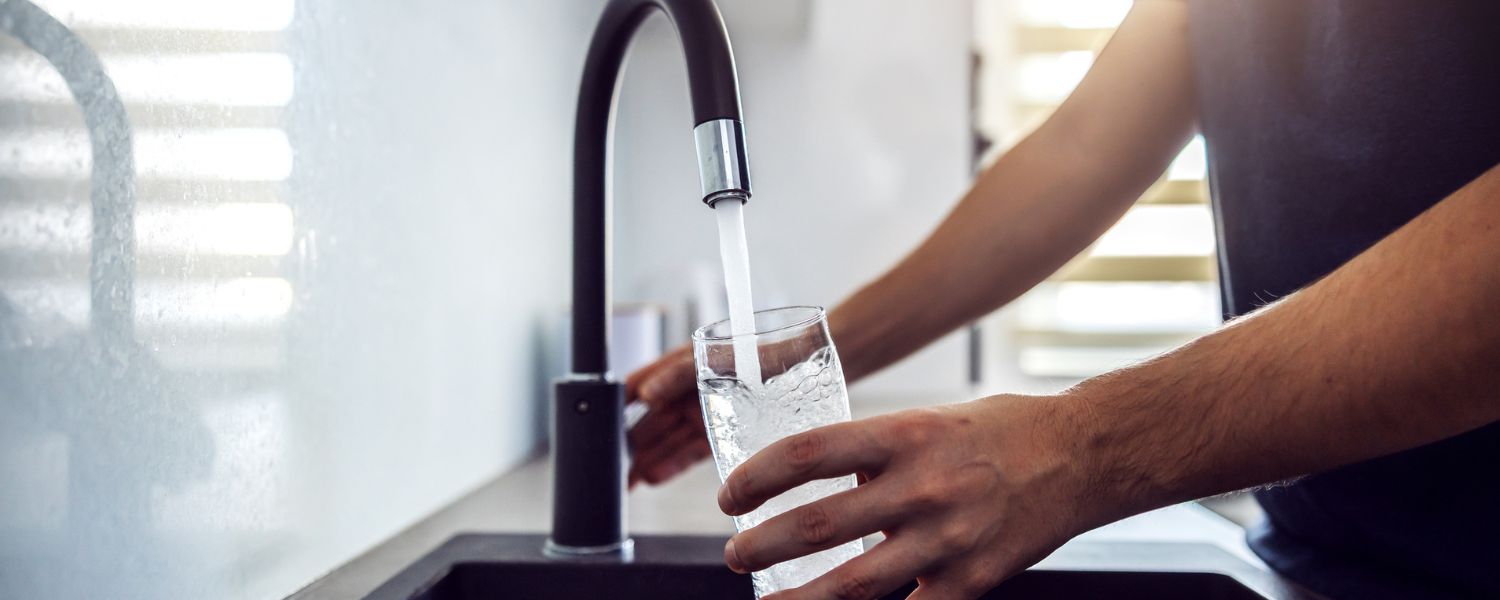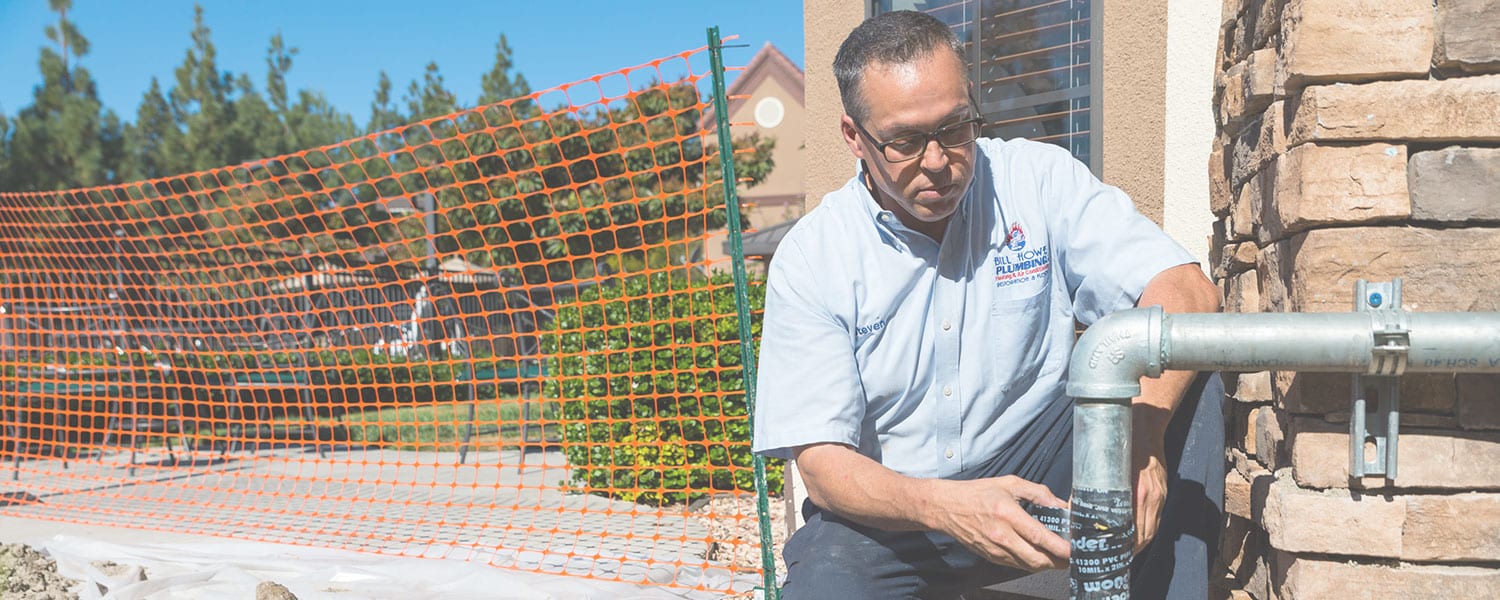Gas leaks pose a significant danger to homeowners. Gas leaks can cause explosions as well as illness, even in small amounts. It is crucial for homeowners to understand how gas leaks occur and what to look for to keep their families and property safe.
Countless people fall ill each year due to exposure to natural gas and carbon monoxide from household appliances and gas line leaks. Illness can range from minor to severe, and in some cases can cause fatalities.
Once a gas leak is suspected, homeowners should take immediate action.
Is a Natural Gas Leak Dangerous?
Natural gas is odorless and colorless. Because it poses such a danger, utility companies add a chemical to the natural gas supply to provide an immediate sign of a leak to homeowners. The additive creates a Sulphur or rotten egg-like smell and is the most apparent sign of a leak.
However, slow natural gas leaks can go unnoticed. Natural gas is toxic, and even small amounts can cause headaches, nausea, and sickness. If anyone in the home experiences symptoms that they feel are not caused by natural sources, they should leave the home and contact their local plumber, utility company, or fire department if they think it is severe.
Natural gas leaks also cause fire and explosions. Natural gas is highly combustible, and homeowners should be cautious of even a minor leak. Any small spark could lead to danger.
What to do in the Event of a Gas Leak?
Homeowners will likely notice a significant gas leak by smell. Homeowners should leave the home immediately and take all pets with them. If they feel safe to do so, homeowners can extinguish pilot lights on the stove, furnace and/or water heater(s).
Avoid using any electricity, turning any appliances on or off, using a landline telephone, turning light switches on or off, or even starting a vehicle nearby.
Once safely outside, homeowners can use their cell phones or a neighbor’s phone to call the appropriate authority. Utility companies will generally be very responsive to suspected gas leak and will safely turn the gas off to the home. Homeowners can also call the fire department if they fear a fire or explosion, or if one of the family members is experiencing severe symptoms, and especially if carbon monoxide is suspected.
What is Carbon Monoxide Poisoning?
Carbon monoxide is the element left when fuel such as natural gas is not burned all the way. Carbon Monoxide is also odorless and colorless, and much harder to detect.
Homeowners should ensure they have working carbon monoxide detectors throughout their home. California requires all single and multi-family use homes to place a carbon monoxide gas detector on each level of the house and outside of each bedroom. Homes with large open areas should also consider placing additional detectors throughout the room. Many carbon monoxide detectors are being developed like smartphones, so that if one detector alarms, all detectors in the home will also sound providing further notice of possible dangers.
If a carbon monoxide leak is suspected, homeowners should leave the home immediately taking all pets with them and call the fire department once safely away from the house.
Is Carbon Monoxide Dangerous?
Without a doubt, carbon monoxide is one of the most dangerous gases for homeowners. Carbon monoxide poisoning is responsible for many deaths across America each year. It causes symptoms such as headaches, nausea, dizziness, blurry vision, and extreme fatigue. Because it is odorless, it is hard to detect and can lead to death when exposed to it for too long and even in small amounts.
What Causes Gas Leaks to Occur?
Homeowners with natural gas appliances should be vigilant. Water heaters, stoves, furnaces, and dryers that use natural gas can all be culprits in gas leaks, both natural gas and carbon monoxide. When appliances are correctly installed and maintained, natural gas is safe. Homeowners should be vigilant and use only licensed professionals to install and hook up gas lines. Homeowners should also hire a professional to perform an annual check on all plumbing, including gas, to be aware of any possible dangers such as weak or no venting, corroded or old lines and connections, and any faulty installations. Homeowners should also be aware of danger signs and share with their family what to look for if leaks are suspected.
What Do I Do After A Gas Leak is Confirmed?
Once homeowners are safely away from danger and the gas has been shut off, if it is safe to do so, they can enter the home to open windows and allow the gas to dissipate. Homeowners should avoid using any electrical appliances or other items that can cause a spark and only remain in the house long enough to properly vent the gas outside.
A professional licensed plumber will perform gas leak detection and locate the source of the leak. Once the leak is located, an estimate for repair or replacement will be provided, and homeowners can begin the process. Depending on the source of the leak, repairs can be performed quickly; however, in some cases, entire gas lines will need replacement. Homeowners should always use a licensed professional in good standing for the safety of their family and homes.
Licensed plumbers will ensure all work is to Uniform Plumbing Code and coordinate with the city for the proper permitting and inspection.
Can Gas Leaks be Prevented?
Leaks caused by faulty installations or workmanship can be prevented by hiring a professional and licensed plumber. However, there is always a possibility of a leak when any fuel is burned. Can gas leaks be prevented? Homeowners can be diligent in the inspection of their plumbing annually and be aware of potential dangers and signs of leaks. Homeowners can also visually inspect all of their appliances on a regular basis to look for old or corroded piping or connections that look like they may be failing. If homeowners hear hissing sounds, smell rotten eggs, even in small on and off moments, or see any additional signs of danger, they should immediately follow steps to safety and call for an inspection immediately.
Gas leaks can be dangerous and should never go unattended.
Bill Howes expert gas specialists have been repairing gas leaks in San Diego for over 35 years.
If you suspect a gas leak, take steps to safety and call Bill Howe at 1-800 BILL HOWE (245-5469) for safe and precise gas leak detection and repair.




